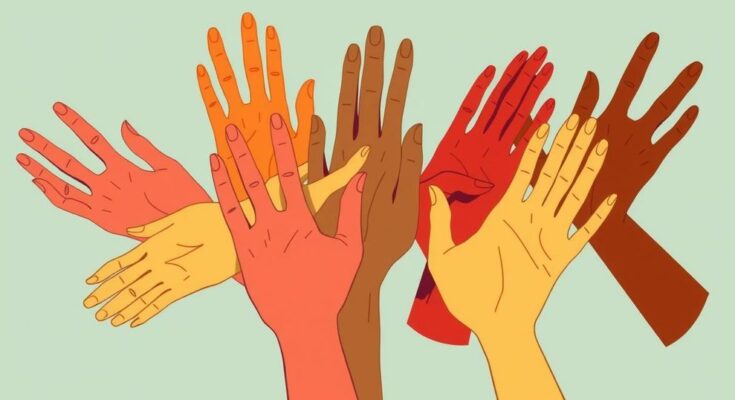In a significant milestone for global human rights, the UN Human Rights Council has begun crafting an international treaty dedicated to the rights of older individuals. Announced on April 3, 2025, this initiative heralds a triumph for advocates pushing for enhanced legal protections for the aging population worldwide. The resolution, adopted unanimously in Geneva, represents a renewed dedication to multilateralism at a time of growing global discord.
The proposed treaty aims to address fundamental gaps in the current human rights framework, which often fails to account for the distinct needs and vulnerabilities of older adults. Daily, older individuals endure a variety of widespread violations, including physical abuse in care settings, age discrimination in employment and services, political exclusion, insufficient healthcare access, and a lack of social protections, particularly in economically disadvantaged regions.
For years, relentless advocacy from older individuals and civil society has paved the way for this breakthrough. The Global Alliance for the Rights of Older People (GAROP), a coalition of over 400 organisations, has been pivotal in this movement since its inception in 2011. The genesis of this treaty reflects insights from the UN’s Open-Ended Working Group on Ageing, which identified crucial protection gaps after years of meetings, culminating in the urgent recommendation for a treaty in 2024.
“This landmark decision to pursue an international treaty on the rights of older people is not only a victory for seniors but for everyone,” stated Bridget Sleap, a researcher at Human Rights Watch. Five nations—Argentina, Brazil, Gambia, the Philippines, and Slovenia—played key roles in advancing this initiative, recognising the pressing need for legal reforms amid shifting demographics as populations age and life expectancies rise.
Looking ahead, the inaugural meeting of the new working group is expected before the close of 2025. Participation will be inclusive, engaging civil society, older individuals, and UN member states, ensuring that the drafting process is transparent and reflective of diverse experiences. The treaty aims to establish specific protections, including an explicit prohibition on age discrimination, equitable access to essential services, safeguards during crises, and encouragement for older people’s engagement in political life.
This treaty will guide national governments in developing laws aligned with international human rights standards, laying the foundation for holding abusers accountable. The Human Rights Council’s decision marks a turning point, highlighting the importance of safeguarding rights throughout all life stages.
As Bridget Sleap noted, “Human rights are for the life that you lead, and rights in older age should be assured as in any stage of the life that we live.” The drafting process may be lengthy and complex, but it represents a hopeful shift towards embedding older people’s rights within the framework of international law, affirming that every individual, regardless of age, deserves to be treated with dignity and respect. Amidst societal shifts, this treaty could evolve into a cornerstone of international human rights law, reinforcing the value of the older generation in society.
The UN Human Rights Council has initiated an international treaty for older people’s rights, marking a significant step forward in human rights advocacy. This initiative responds to widespread violations faced by older adults, such as age discrimination and inadequate healthcare access. Following years of advocacy led by the Global Alliance for the Rights of Older People, the treaty’s drafting process will involve inclusive participation from various stakeholders. This treaty aims to establish clear protections for older individuals, ensuring their dignity and rights are upheld throughout their lives.
The recent move by the UN Human Rights Council to advance a treaty focused on the rights of older people marks a pivotal moment in the recognition of aging populations’ needs. By addressing long-standing issues such as discrimination and access to justice, the treaty seeks to bridge critical gaps in human rights protections. The journey to draft this treaty will involve extensive collaboration and insight from older individuals themselves, ensuring the eventual framework is informed and comprehensive. This development signifies not only a victory for older people but also reinforces the universal idea that human dignity transcends age.
Original Source: impactpolicies.org



